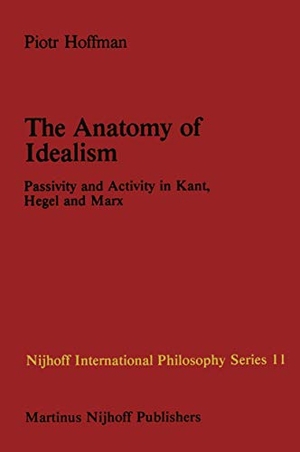Für statistische Zwecke und um bestmögliche Funktionalität zu bieten, speichert diese Website Cookies auf Ihrem Gerät. Das Speichern von Cookies kann in den Browser-Einstellungen deaktiviert werden. Wenn Sie die Website weiter nutzen, stimmen Sie der Verwendung von Cookies zu.
Cookie akzeptieren
- Springer Netherlands
- 2011
- Taschenbuch
- 136 Seiten
- ISBN 9789400976238
In its attempt to come to grips with the nature of the human mind idealism employs such terms as "pure self," "transcendental apperception," "pure con sciousness" and so on. What do these terms mean? What do they refer to? Pro visionally, at least, the following answer could be satisfying: such and similar expressions are purported to capture a very special quality of human mind, a quality due to which man is not simply a part of nature, but a being capable of knowing and acting according to principles governing the spiritual realm. In the first chapter of the present study the author attempts to bring the idea of "pure Ego" down
Mehr
Weniger
zzgl. Versand
in Kürze